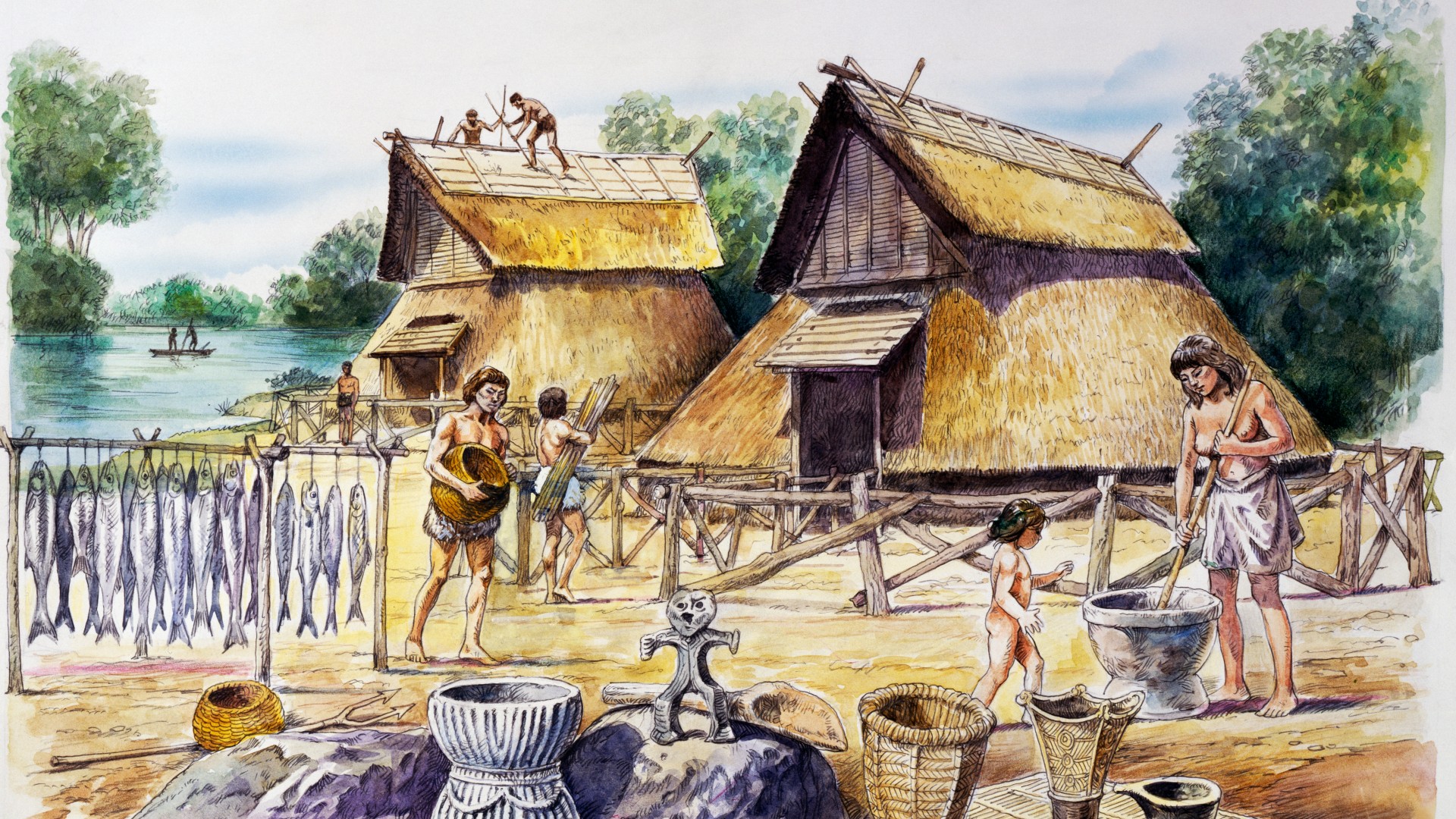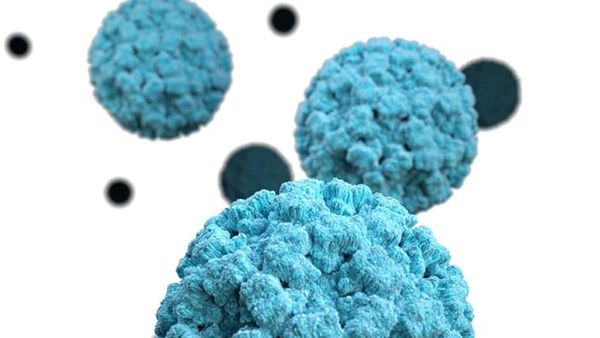
Some modern Japanese people may have a higher body mass index, or BMI, thanks to DNA they inherited from prehistoric hunter-gatherers.
In a new study, researchers analyzed the genomes of more than 170,000 people living across Japan, from Hokkaido in the northeast to Okinawa in the southwest, and compared this modern DNA with 22 prehistoric Japanese and Eurasian genomes from a previously compiled dataset.
Specifically, the researchers examined how DNA inherited from the Jōmon people, a cultural group of hunter-gatherer fishers who lived in Japan up to 16,500 years ago, may be associated with 80 different complex traits in modern Japanese people. Complex traits are those encoded by multiple genes and include traits such as height, BMI and the amount of oxygen-carrying cells in the blood.
The scientists found that, on average, Japanese people have inherited around 12.5% of their DNA from Jōmon hunter-gatherers. Of all the traits studied, BMI was the only trait significantly associated with Jōmon DNA — meaning individuals with more genetic evidence of Jōmon ancestry were significantly more likely to have a higher BMI than those carrying less of this prehistoric DNA.
Therefore, this DNA may put the individuals who carry it at a higher risk of obesity, the researchers wrote in the paper.
BMI is an imperfect measure of body fat, partly because it doesn't distinguish between fat and lean body mass. It's also mostly based on data from white populations, so its health implications don't always generalize to other demographics. Nonetheless, high BMI has been tied to various health risks, such as type 2 diabetes, and the metric is still in widespread use in medicine.
In addition to analyzing DNA from people in Japan, in separate analyses, the researchers focused on people with Japanese ancestry living abroad, including 2,200 East Asian people living in the U.K. These groups showed similar links between Jōmon ancestry and BMI, underscoring the far-reaching effects of this genetic legacy.
The researchers described these findings in a paper published Nov. 12 in the journal Nature Communications. They said the study is a demonstration of natural selection — the driving force behind organisms evolving useful traits over time. What may have been a positive trait in the past can negatively influence disease risk in a modern context, they concluded.

"It is a really important discovery that ancient hunter-gatherer ancestry is likely to play a key role in the health of modern day populations," study co-author Shigeki Nakagome, an assistant professor in genomic medicine at Trinity College Dublin, said in a statement. "The link to an increased BMI could also help to explain some of the disparities in obesity prevalence among Asian populations residing in Western countries."
The researchers found that Jōmon genes were very active in skeletal muscle cells, which enact voluntary movements. Some of these genes had previously been tied to a higher BMI. The team theorized that this DNA may have helped prehistoric hunter-gathers adapt to the high physical demands of their lifestyle.
Previous research has also shown that several of these Jōmon genes may increase bone mineral density, or the concentration of calcium and other minerals in bone. This is a sign that a person exerts elevated levels of physical activity. Having larger muscles and denser bones might bump up a person's BMI.
The new study also provides further evidence to support an emerging theory in population genetics.
For about three decades, many scientists have hypothesized that modern Japanese people originate from two ancestral groups: Indigenous Jōmon hunter-gatherers and migrants from Northeast Asia. However, recent evidence, including data from this new study, is beginning to turn this theory on its head, suggesting that a third ancestral group from East Asia also left their genetic imprint on modern Japanese people.
"I am sure there is much left to discover, both in Japanese populations, and in others across the globe," Nakagome said in the statement.
Ever wonder why some people build muscle more easily than others or why freckles come out in the sun? Send us your questions about how the human body works to community@livescience.com with the subject line "Health Desk Q," and you may see your question answered on the website!







